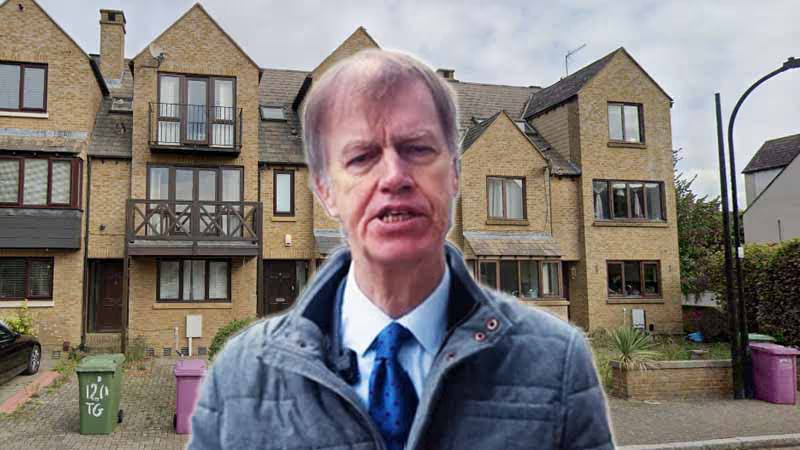Landlords are currently waiting just under 28 weeks to evict tenants who don’t leave properties when asked to, up from 25.4 weeks during the same period last year, latest figures from the Ministry of Justice reveal.
Covering the period April to June this year, the median data covers all three phases of an eviction including gaining a court order (7.9 weeks, unchanged), getting a warrant (15.1 weeks, up from 14.1 weeks) and taking repossession (27.9 weeks, up from 25.4 weeks).
These figures suggest strongly that problems with both bottlenecks within the court system and finding bailiffs to complete evictions remain because, although time to evict has increased, the number of landlords evicting tenants decreased by nine percent.
The level of eviction activity is very regional, though, with four regions seeing declines and five reporting small increases and the figures are skewed somewhat by London, where 34% of all the UK’s evictions took place. Section 21 'no fault' evictions, officially called 'accelerated' repossessions, increased by 8% year-on-year as many landlords seek to evict troublesome tenants or sell up ahead of the government's renting reforms going live later this year, which will give tenants much stronger rights.
Far too long

Paul Shamplina, founder of Landlord Action, says: “These stats mirror exactly what we are seeing at Landlord Action.
“Yes, landlord possession claims may be down, but landlords are still waiting far too long to get their properties back.
“The median time from claim to repossession is now almost six weeks longer than it was just two years ago.
“On the ground, we are seeing more cases escalated to the High Court at the bailiff stage just to make any progress.
"Tenants are filing meritless defences to drag things out.
"Yet tenants are filing meritless defences to drag things out, and judges are adjourning far too often, sometimes on very flimsy grounds.
Shamplina adds that the system is too slow, too inconsistent, and it is costing landlords thousands. “These figures clearly show that declining volumes do not equate to quicker outcomes. We urgently need judicial reforms to reduce delays and stop stretching landlords into untenable timelines.”
This is despite the Government's recent claim that the courts will be ready for the extra caseload that the Renters' Rights Bill will create.
Unhappy reading

Property lawyer David Smith (pictured) of Spector Constant & Williams says: "The latest possession statistics make unhappy reading for both landlords and tenants.
“No-fault evictions or ‘Section 21 notices’ remain a flashpoint, with bailiff-led repossessions up 8% in Labour’s first year, despite the Renters’ Rights Bill being in its final stages.
“This is because although the number of possession claims have fallen, a higher number are leading to possession orders as landlords in London continue to evict at a high rate, presumably to exit the market.
“The Government’s view is that most accelerated possession claims will disappear once Section 21 goes, but in my view, we will simply see a sharp increase in other types of possession claims, which will in turn lengthen delays further.
"With private rental sector supply flat, there is an urgent need to restore landlord confidence.
"Court bottlenecks, longer timelines, and an uncertain regulatory horizon will not achieve that. Without that confidence, tenants will ultimately feel the impact through reduced availability and higher rents."















.avif)
.avif)





















Comments